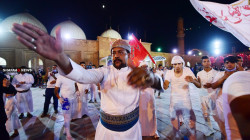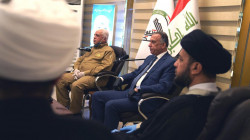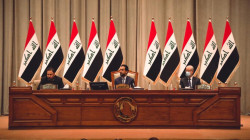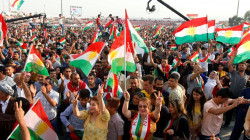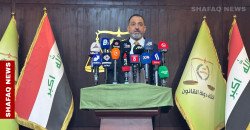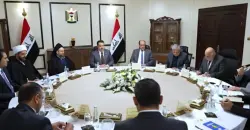Three lists, one goal: Iraq’s CF bets on split to win majority
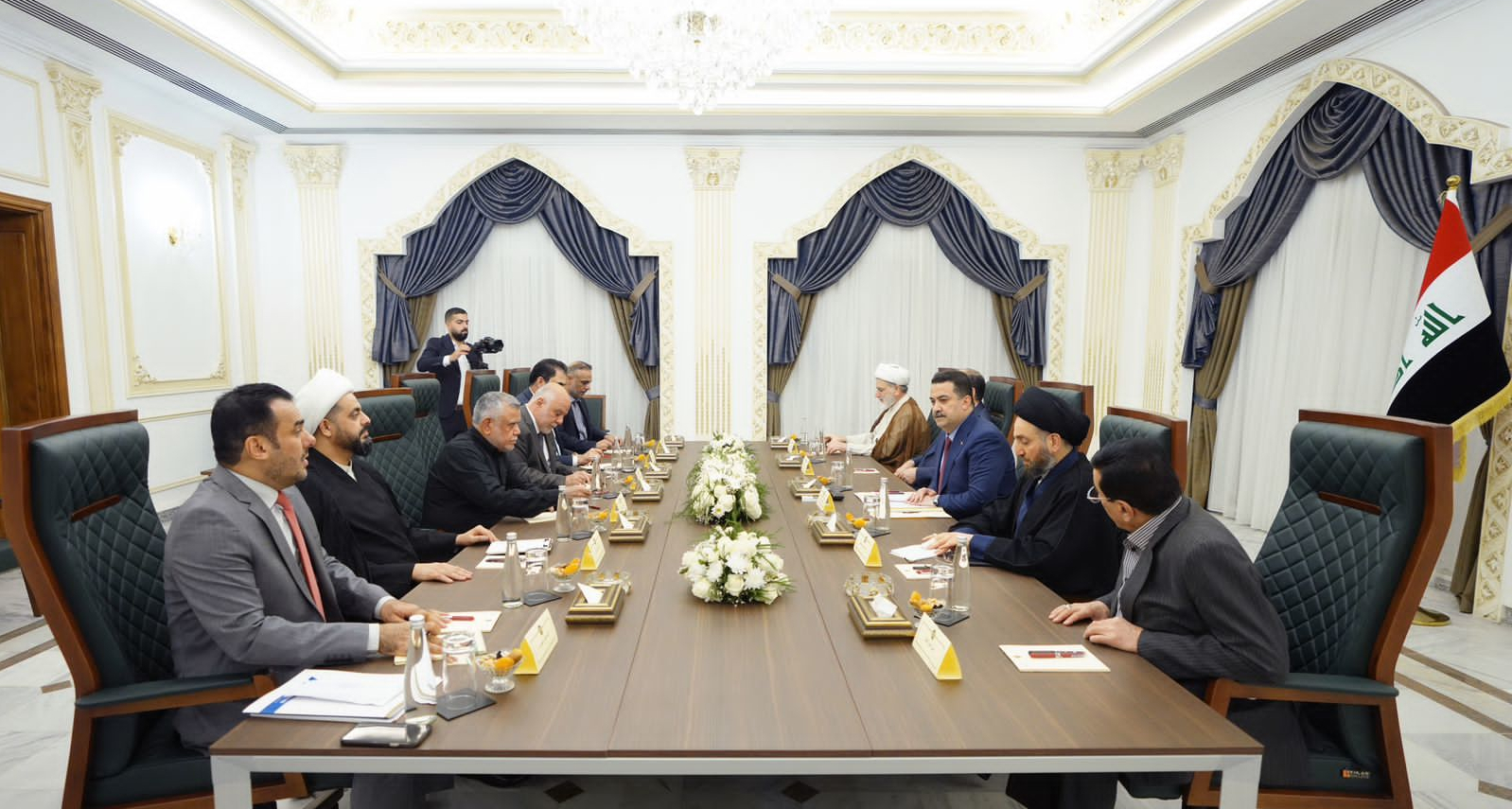
Shafaq News/ Iraq’s Shiite Coordination Framework (CF) announced, on Saturday, plans to contest the upcoming parliamentary elections, scheduled for November 11, with three separate electoral lists to maximize its chances of securing a parliamentary majority.
Alaa Nima al-Bandawi, a member of the Parliamentary Security and Defense Committee within CF told Shafaq News that the Framework’s main factions agreed to distribute their candidates across different constituencies to secure more seats and ease the process of forming the next government.
“The approach aims to enhance the Framework’s parliamentary strength, and a formal coalition would likely be formed after the election results are announced to reflect each faction’s electoral weight and popular base,” he explained.
Commenting on reports of defections from the alliance, al-Bandawi said recent developments were "protest withdrawals" rather than formal exits, sparked by discontent over Prime Minister Mohammed Shia al-Sudani’s secret meeting with Syrian President Ahmad al-Sharaa in Qatar. He emphasized the Framework's cohesion and expressed optimism that it would remain intact beyond the elections, crediting it with supporting the current government and securing a large bloc in parliament.
Al-Bandawi ruled out amendments to the Electoral Law ahead of the vote, warning that changes could delay the election and burden the government with additional costs.
Tensions within the Coordination Framework surfaced earlier this week during a meeting marred by the absence of some leaders and disputes over internal and external policies. Sources told Shafaq News that Asa'ib Ahl al-Haq leader Qais al-Khazali skipped the meeting, while State of Law Coalition leader Nouri al-Maliki left early due to disagreements, particularly regarding Iraq's growing ties with Syria.
A planned electoral alliance within the Coordination Framework, known as Tahaluf al-Qarar (Decision Alliance), appeared to falter even before its official launch.
Efforts to form the new united front were reportedly derailed by disputes between al-Sudani and Hadi al-Amiri, head of the Badr Organization. Negotiations also broke down with Ahmad al-Asadi, leader of the Sanad Bloc, over disagreements concerning the leadership of the Popular Mobilization Forces (PMF) and the proposed PMF law, which was recently withdrawn from parliament.
Sources previously told Shafaq News that the Decision Alliance aimed to bring together al-Sudani’s Al-Furatain Movement, al-Amiri’s Badr Organization, and Falih al-Fayyadh, the head of the PMF. Talks were also underway to include al-Asadi, Abu Alaa al-Wala’i of the Sayyid al-Shuhada Brigades, and the Huqooq Movement, affiliated with Kata'ib Hezbollah.
While these factions once formed the backbone of the Coordination Framework, widening rifts have pushed groups like the State of Law Coalition, Asa'ib Ahl al-Haq, and the National Wisdom Movement (al-Hikma) to consider running independently in the upcoming elections, with the possibility of regrouping after the results.
